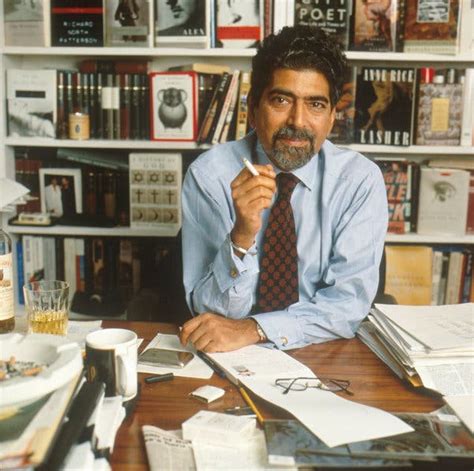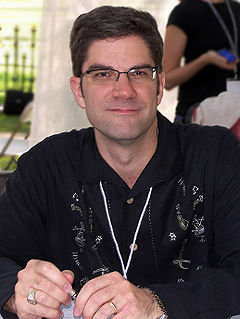A Quote by Sonny Mehta
At Knopf, we look at each book on a case-by-case basis... in some cases, we think a writer might get a boost from an endorsement by a fellow writer, but in other cases, a new book will be better served by other means, such as publicity and reviews.
Related Quotes
When a parent comes into school waving a book and saying, 'Take this book away. I don't like this book.' I won't say in all cases, but in many cases, that will not happen anymore. It has to go through a proper review board. The complaining parent will have to fill out a complaint, you know, put it in writing.
Read Becoming a Writer by Dorothea Brande. Then do what it says, including the tasks you think are impossible. You will particularly hate the advice to write first thing in the morning, but if you can manage it, it might well be the best thing you ever do for yourself. This book is about becoming a writer from the inside out. Many later advice manuals derive from it. You don't really need any others, though if you want to boost your confidence, "how to" books seldom do any harm. You can kick-start a whole book with some little writing exercise.
Books are just dead words on paper and it is the readers who bring the stories alive. Previously, writers wrote a book and sent it out into the world. A couple of months after publication letters from readers might arrive. And, leaving aside the professional reviews, it is really the reader's opinions that the writer needs. They vote for a book - and a writer - with their hard earned cash every time they go into a bookstore (or online - that's my age showing!) and buy a book.
In most cases a favorite writer is more with us in his book than he ever could have been in the flesh; since, being a writer, he is one who has studied and perfected this particular mode of personal incarnation, very likely to the detriment of any other. I should like as a matter of curiosity to see and hear for a moment the men whose works I admire; but I should hardly expect to find further intercourse particularly profitable.
I think it's just been a core part of the Cuban revolution to have a very high level of internationalism. I mean, these cases you've mentioned are cases in point, but the most extreme case was the liberation of Africa. Take the case of Angola for example, and there are real connections between Cuba and Angola-much of the Cuban population comes from Angola.
It's not at all uncommon for a writer to get a ton of publicity for one book and then not get as much for the next one. I don't worry about that because I try to worry about the one single part of the job I can control: the writing of the book. If I do that well, I feel, good tidings generally will follow and readers will stick with me.




































